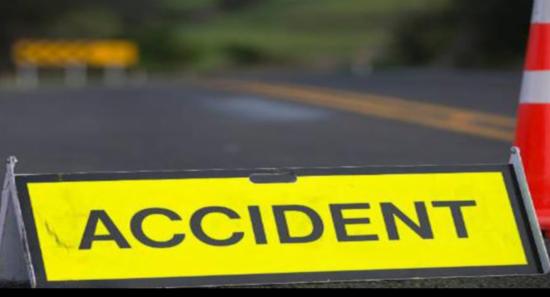.webp)
Security forces discover cash worth Rs. 140 mn linked to terrorists
Colombo (News 1st): Security forces discovered cash worth Rs. 140 million and assets worth Rs. 7 billion, connected to the terrorist group responsible for the April 21st attacks.
Now, the question is, how did such substantial amounts of cash enter the country?
MP Vasudeva Nanayakkara in parliament today stated that foreign exchange regulations must be strengthened to eradicate terrorism in the country. It must be noted that News 1st raised these concerns a long time ago.
He questioned where the substantial amount of money that was discovered by security forces come from? He said the funds cannot be traced, therefore it cannot be determined who the sender is and what is the purpose of these funds. The parliamentarian said a proper policy to control foreign exchange is required.
It was Prime Minister Ranil Wickremesinghe who abolished the former Foreign Exchange Control Act and introduced the new Foreign Exchange Act to Sri Lanka.
The draft of the Foreign Exchange Act, No. 12 of 2017 was presented in parliament in April 2017 and was approved on July 25th that same year. The new act was introduced disregarding our concerns as well as the warnings of economic experts.
Former chairman of the Ceylon Chamber of Commerce Chandra Jayaratne raised his concerns, stressing that the new act paves the way for foreign currency inflow, without any scrutiny.
The new act imposes an insignificant tax rate of 1% for every US$ 1 million brought into the country and provides tax exemption reliefs when foreign currency inflow exceeds US$ 1 million.
Several intellectuals including Chandra Jayaratne warned that such soft regulations will result in Sri Lanka becoming a money laundering haven.
This was confirmed in December 2017, when the inter-governmental Financial Action Task Force listed Sri Lanka among eleven ‘high risk and monitored jurisdictions’ that have taken insufficient measures to combat money laundering, terrorist financing and other threats to the international financial system.
The other countries are Bosnia and Herzegovina, North Korea, Ethiopia, Iran, Iraq, Syria, Trinidad and Tobago, Tunisia, Vanuatu and Yemen.
In February 2018, the European Union Commission included Sri Lanka in a new list of 23 countries with strategic deficiencies in their anti-money laundering and counter-terrorist financing frameworks.
This is what retired Senior Banker Rusiripala Thennakoon had to say;
"We believe that foreign monetary inflows into the country is the main booster of terrorism, making things easier for the perpetrators to engage in terrorism. If the foreign exchange act paved the way for such issues, we must state that approving such an act in a rush was the reason for the unfortunate incident faced on April 21st. My view is that if we monitor foreign fund inflows to the country through the banking system, we can identify those who are engaged in and supporting terrorist activities from behind the scenes."
Other Articles
Featured News





.png )

-793492-797918_550x300.jpg)
-797911_550x300.jpg)








-797273_550x300.jpg)


















.gif)